SUMMARY
This is AI generated summarization, which may have errors. For context, always refer to the full article.
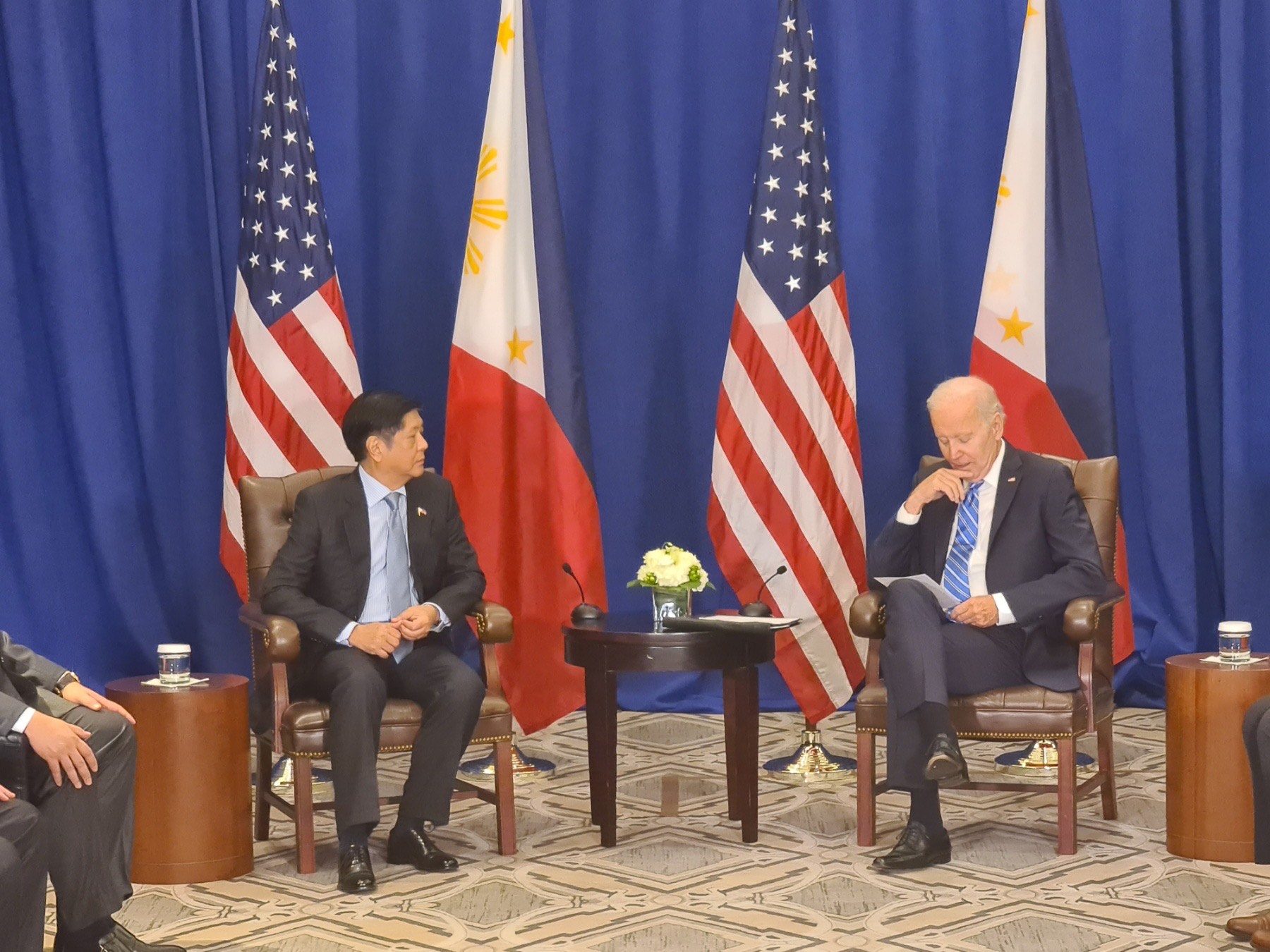
It was a homecoming of sorts. President Ferdinand Marcos Jr. returned to the country where his parents had bought lavish properties with ill-gotten funds, one of which was his home while he was a student in Wharton at the University of Pennsylvania.
It was also the country that whisked him and his family out of Malacañang after they were booted out of power in 1986 and where he and his mother faced court cases. Imelda Marcos was eventually acquitted of fraud and racketeering, but a Hawaii court had issued contempt charges against her and her son. However, as head of state, Marcos is cloaked with diplomatic immunity, allowing him to set foot in the US.
These are some of the historical facts that form part of the context of Marcos’s visit to the US. The circumstances have greatly changed as the son and namesake of the late dictator is now our president – a restoration of the Marcoses more than three decades after their fall.
I initially thought that Marcos would have a love-hate relationship with the US, considering his personal history. But as we heard from his speeches, he went all out for the US, swinging the pendulum after former President Duterte’s open hostility toward America.
During his lunch meeting with the US-Philippines Society on September 19, Marcos said:
I do not see a future for the Philippines that does not include an even stronger partnership with the United States. Our formal partnership of 70 plus years in terms of the defense treaties will continue, must continue to evolve as the geopolitical situation changes.
He repeated this and more during the open forum after his talk at the New York StockExchange:
“It is very clear to me in my vision for the way that the country will move forward that I cannot see the Philippines in the future without having the United States as a partner…I cannot overstate really the role that the United States has played in the Philippines in every aspect of our lives.
…When we are in crisis, we look to the United States. We look to the relationship that has been forged over the many years and I have to say the reason that we have done that is that for the most part we can say that the United States has not failed us.”
The President was gushing but this seems to be his way. Weeks into assuming the presidency, Marcos said this about China in June at an event organized by the Association for Philippines-China Understanding:
“And come to the day when we can say we are beyond the economic crisis brought on by the pandemic, we can only do it, certainly in the Philippines, we can only do it with our partners and our strongest partner has always been, in that regard, our close neighbor and our good friend, the People’s Republic of China.”
I will not be surprised if, in a future trip to Beijing, he will lavish China with praises similar to those he heaped on the US. That will be his balancing act, navigating relations between the two global powers and rivals.
Big test
But, beyond words, one early test of Marcos will be his response to China’s harassment of Philippine ships surveying for oil and gas in the Reed Bank area. During Duterte’s last months in office, he ordered a stop to the survey activities because China wanted to be the partner in an exploration deal. By that time, negotiations with China had fallen through because they did not agree to the Philippine position that only a service contract was the constitutional means for such a partnership.
Amid this impasse, Representative Rufus Rodriguez recently aired what has been in many people’s minds. He urged Marcos to give the go-signal to drill for oil and gas in Reed Bank without China’s participation. “They will always protest even if the exploration areas are not part of their territory. They are the interloper there,” Rodriguez, chairperson of the House committee on constitutional amendments, said, referring to China. “So let’s do it on our own. They (Beijing) should not dictate what we should do in our own territory. They should not force us to violate our Constitution.”
The Philippines can go one step further and partner with another country, for example, the US or European countries like Spain.
I can’t wait for Marcos to decide on this – with an energy crisis darkening our horizon.
Missing real interviews
On another subject, just a few words. For the next six years, there is something we will be missing: honest-to-goodness interviews with President Marcos, where the aim is to get to the bottom of issues and hold a leader to account.
After watching celebrity Toni Gonzaga’s almost-an-hour-long interview with the President on his birthday (Septermber 13), it struck me that we will be stuck with this type of one-on-one interview: staged to puff him up and make the public see Marcos through rose-tinted lenses.
In the past, we experienced tough and candid interviews with former presidents Corazon Aquino, Fidel Ramos, Gloria Macapagal Arroyo, and Benigno “Noynoy” Aquino III. It was a given then that the president would face the press and answer questions on burning issues. It was integral to the job.
But, for Marcos, these fawning interviews with partisans are strategic because, just like his father, he wants to build a myth around him as an able leader who cares for the poor. These types of interviews also allow him to plant seeds of untruths, crumbling our fragile democracy.
Add a comment
How does this make you feel?
![[In This Economy] Is the Philippines quietly getting richer?](https://www.rappler.com/tachyon/2024/04/20240426-Philippines-quietly-getting-richer.jpg?resize=257%2C257&crop=194px%2C0px%2C720px%2C720px)
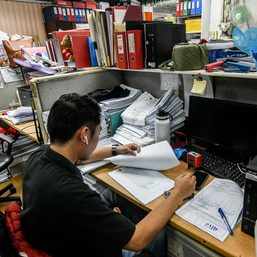
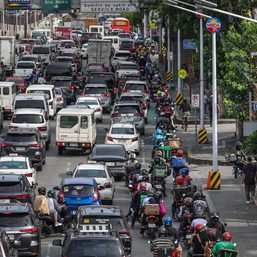
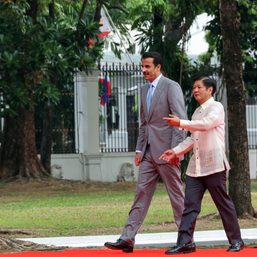
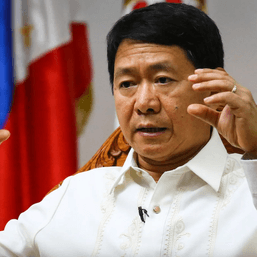
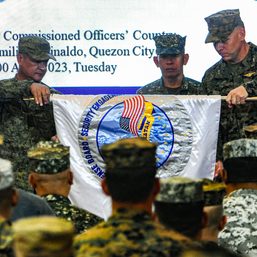
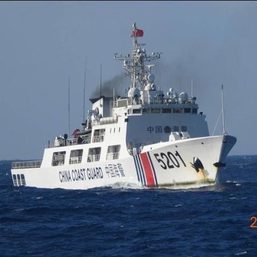
![[Newspoint] The lucky one](https://www.rappler.com/tachyon/2024/04/lucky-one-april-18-2024.jpg?resize=257%2C257&crop=536px%2C0px%2C1080px%2C1080px)

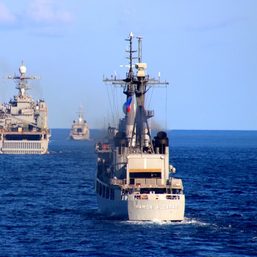
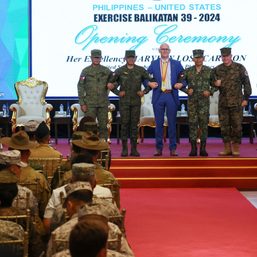
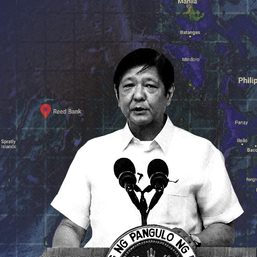
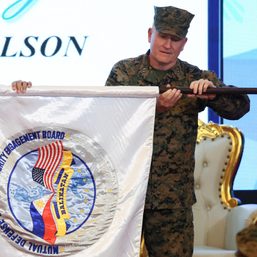
There are no comments yet. Add your comment to start the conversation.